Why Do Planets Shine?
When you look up at night sky, you’ll notice thousands of twinkling stars. If you time it right in the evening just after sunset or in the morning just before sunrise, you can also catch a glimpse of Mercury or Venus in the sky.
Though the two planets can appear to be as bright as some of the stars, the science behind their brightness is quite different from that of stars. So why do planets shine?
How Stars Shine
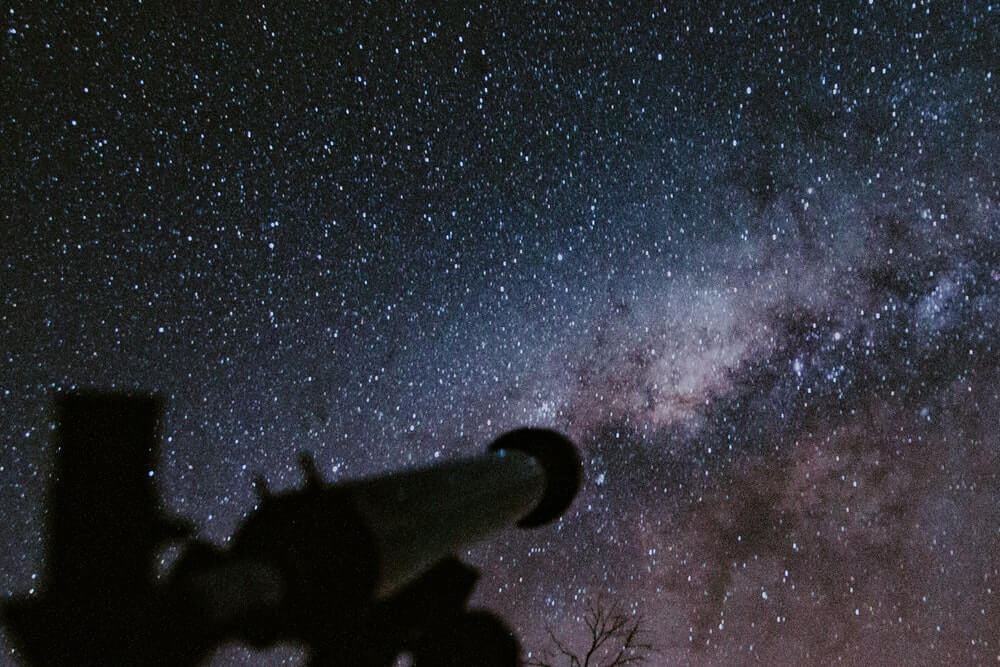
Stars shine because they are hot, very hot.
As a star forms, pressure inside rises and causes temperature to rise as well. Once the temperature hits 15 million degrees Celsius, nuclear fusion begins in the star’s core.
Nuclear fusion produces a lot of heat, which in turn makes the star emit light.
How Planets Shine
Unlike stars, planets don’t have nuclear fusion going on in their cores. Planets are not hot enough to generate the kind of energy (and light) stars do.
So if they don’t have a mechanism to produce their own light, why do planets shine?
The secret is the big yellow thing that lights up the daytime sky. Even if you cannot see the sun at night, it’s still shining on part of the earth and on other planets in the solar system.
Planets reflect this light back into space, which makes it possible to see Venus or Mercury in the sky.
The brightness of a star is determined by its size (the bigger it is, the brighter it’ll appear since it’ll reflect more light) and its distance from the earth (a closer planet will appear brighter).
Venus and Mercury are usually bright enough that you can see them with your naked eye.
Other planets in the solar system like Jupiter and Saturn also reflect the sun’s light. But because they are so far away, they are very dim (from earth’s perspective) and you’d need a telescope to observe them.
In fact, the ability of planets to reflect sunlight is the only reason you can see them with a telescope. A telescope collects the reflected light and focuses it.
Outside The Solar System
Any planet within a star system shines for the same reasons planets in the solar system do. They reflect light coming from the closest star.
Unfortunately, these planets are so small and so far away that most of them cannot be observed directly even with powerful telescopes. Their reflected light is eclipsed by the brightness of the nearby star. But astronomers have other ways of observing distant planets.
A Note On Moonlight
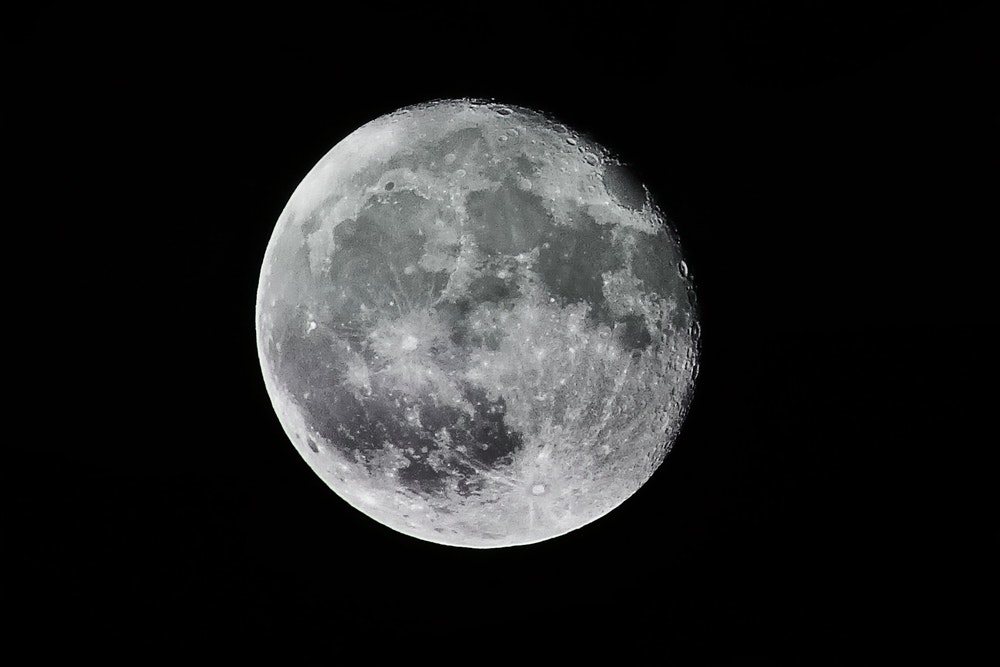
As long as we are talking about planets lighting up, we might as well discuss the moon since it shines for the same reason planets do.
Like planets, moons, whether earth’s moon or those orbiting other planets, don’t have nuclear fusion meaning they do not generate much heat.
Earth’s moon is able to light up our world at night because it is reflecting light from the sun, just like planets.
It’s the same reason comets shine when they come close to the sun. The materials making up the comet reflect sunlight.
The same applies to asteroids.
Essentially, any object in space that’s not a star borrows its light from a star.
Meteors are an exception. Also known as shooting stars, meteors heat up as they enter earth’s atmosphere, which makes them light up.
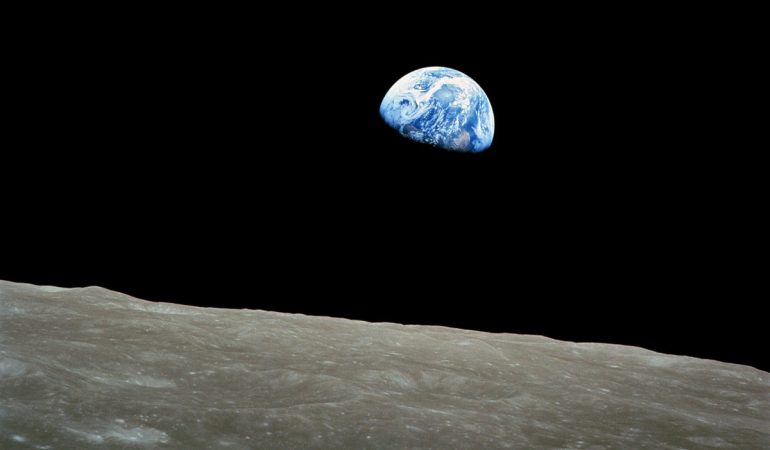
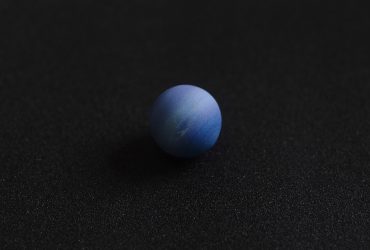

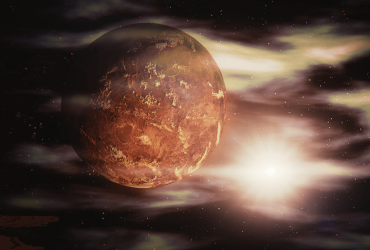
Planets shouldn’t shine like moon when sunlight falls on them. They are so tiny that disappear in light emitted from sun. Coz light not only reflect but also refracted.
huh?🤨🤔
I’m in Central Florida, US and can clearly see Jupiter and Saturn as I type this with my naked eye. There is a lot of light pollution where I am and still, Jupiter is the brightest star in the sky right now. I noticed the bright “star”, so I pulled up my star app and it confirmed that it is Jupiter. I did not need a telescope as this article indicated.